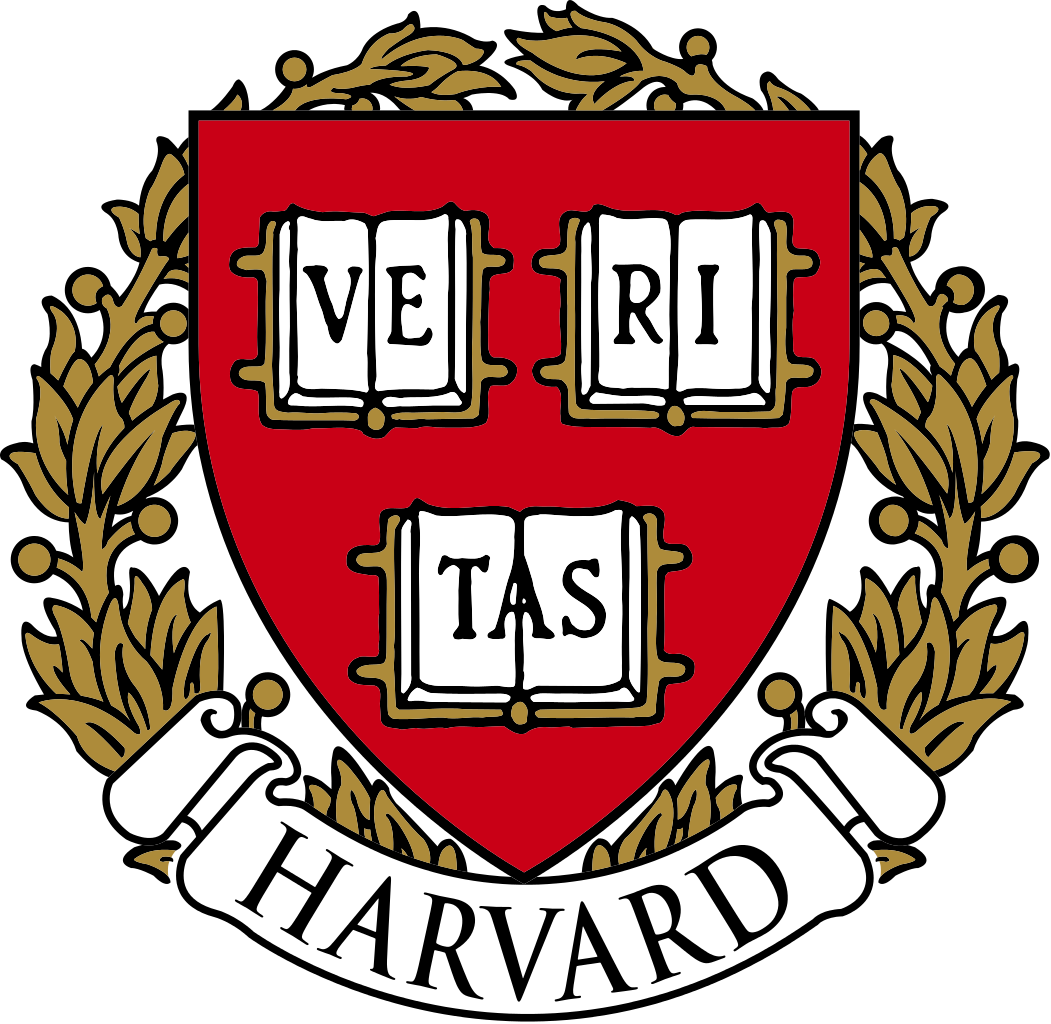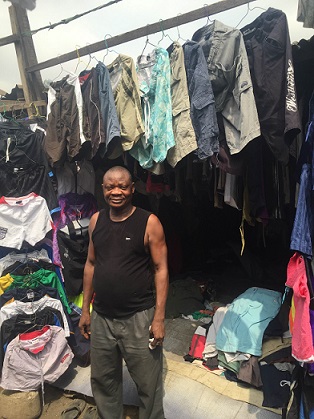This project was discontinued because of the following factors: i) Shutdown of the Nigeria-Benin border in 2019 and 2020; ii) Unexpected demolition of Katangowa market in Lagos starting in January 2020; iii) COVID-19 pandemic and associated disruptions.
A great deal of research in trade and development economics focuses on what are traditionally considered to be the main barriers to trade between and within countries: tariffs, regulation, low-quality infrastructure, and transportation. Evidence from traders in Lagos however, suggests that information costs in that context may well be of the same magnitude as these traditional costs. The costs of acquiring information and overcoming information asymmetries can affect trade in much the same way as other types of trade costs, by lowering trade volumes, raising prices, and decreasing available varieties; and these costs are much less studied.
The researchers will conduct multiple rounds of surveys with traders based in Lagos, Nigeria, who are largely wholesaling importers. These will form a unique data set on the sourcing strategies of consumer goods traders in the largest city in Africa. Based on this data, the researchers hope to quantify the effects of search and contracting frictions on the sourcing strategies and trade outcomes of Lagos traders, as well as the welfare effects on Nigerian consumers. They will also conduct a randomized evaluation of a new escrow service that they plan to offer to used clothing traders in partnership with a Nigerian company. They will introduce an innovative new product feature that they hope will make escrow more cost effective and viable in the LIC/MIC context. This evaluation will allow them to investigate the underlying factors that motivate agents to share (or withhold) information about suppliers in a monopolistically competitive environment.
Such research has relevance for consumer welfare, with an especially large impact on poor and middle-income consumers in import heavy, non-manufacturing LICs and MICs like Nigeria, where the price, quality, and variety of consumer goods available depend heavily on importing. Understanding exactly what underlying mechanisms drive these information costs is key to identifying which government policies and for-profit services are likely to reduce costs and promote trade.







